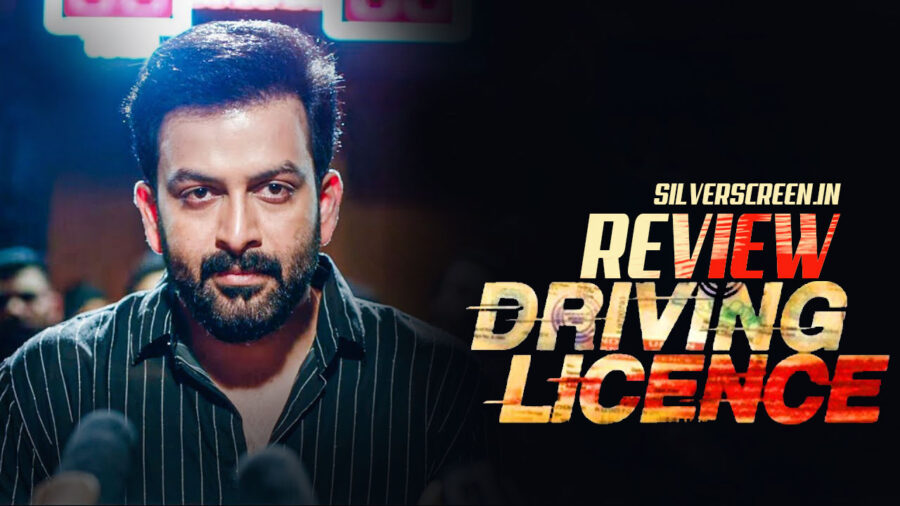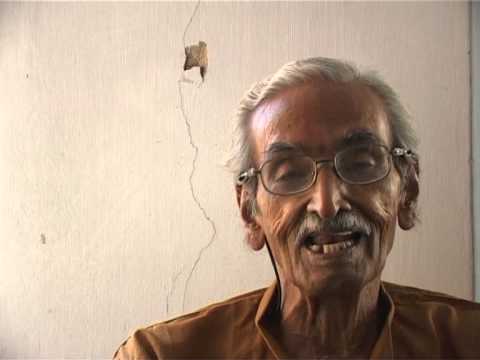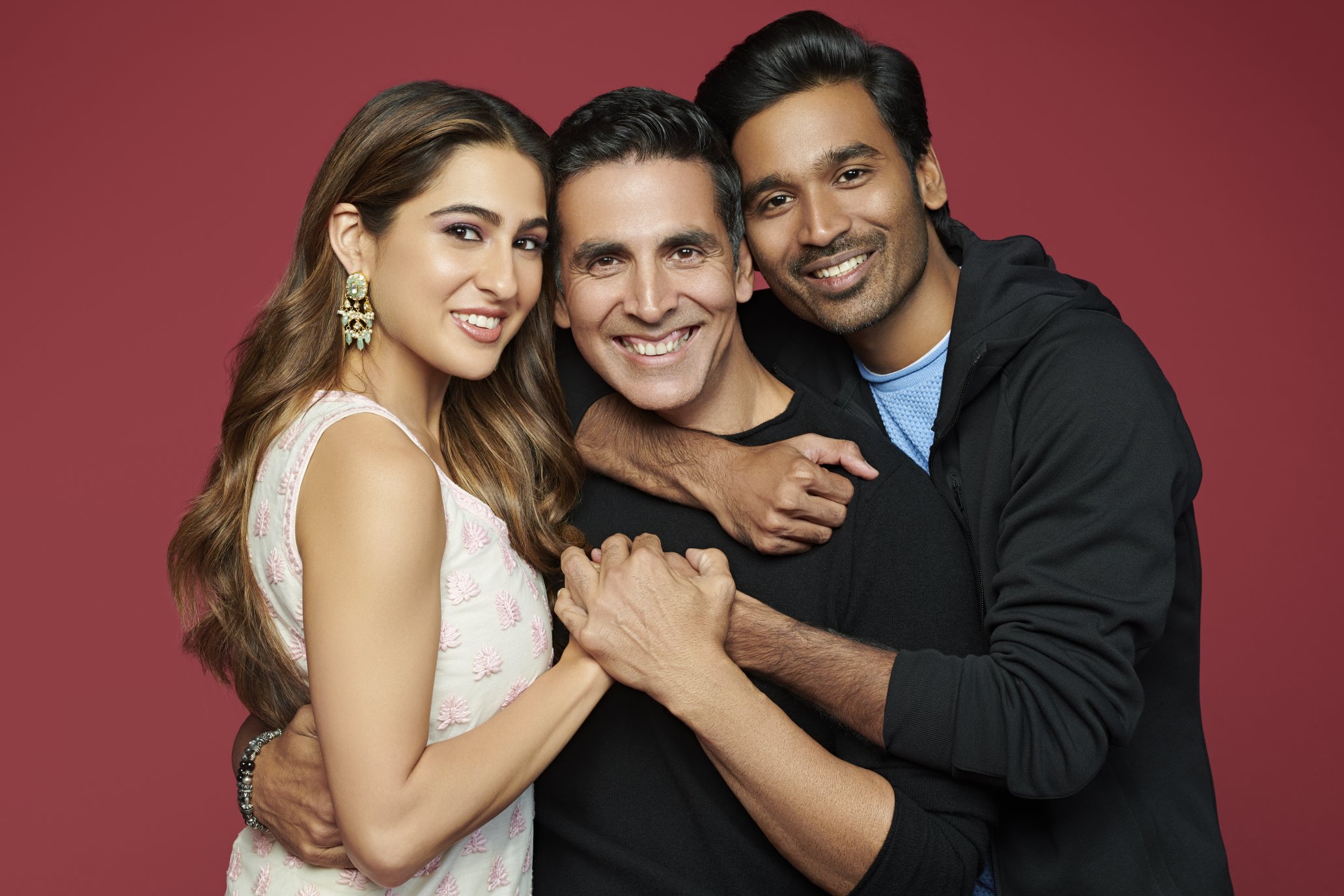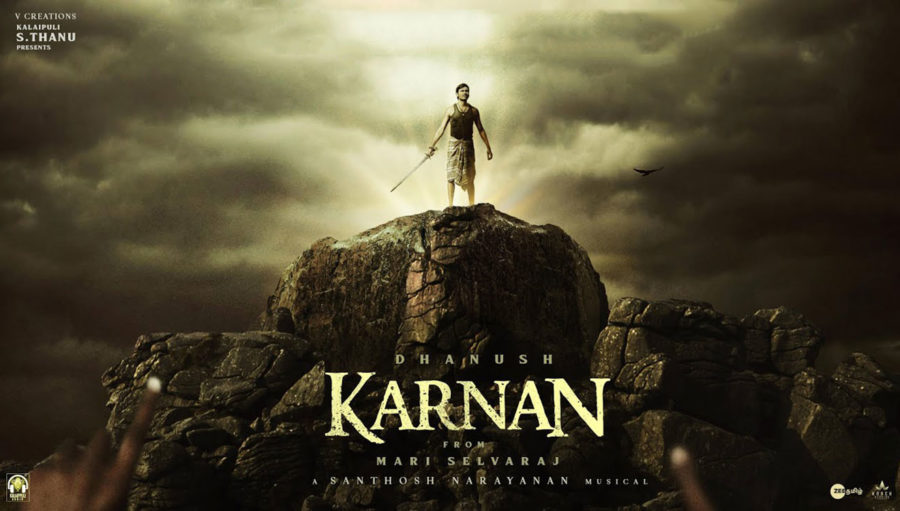Director: Lal Jr
Cast: Prithviraj, Suraj Venjarammood, Mia George
Hareendran (Prithviraj Sukumaran) is a superstar. According to his colleagues, media, and industry trade unions, he shoulders the film industry. He has a humongous volume of fans – some of whom are powerful bureaucrats and politicians – who would do anything for him.
He lives in a sprawling mansion that has an in-house elevator and walls decorated with his giant-sized photographs. He is someone who isn’t equipped to see beyond his nose.
In Lal Jr’s Driving License, a dramedy, this superstar is taken on by one of his fans. Unlike Shah Rukh Khan’s Fan (2016) or Balu Mahendra’s Julie Ganapathy (2003) which is an adaptation of a Stephen King novel, Misery, this clash isn’t a result of a hysteric idol worship.
The fan in this David vs Goliath tale is a government officer, a motor vehicle inspector, who is reasonable enough to keep his fandom within the limits of harmlessness.
Kurivila (Suraj Venjarammood) is a cheerful family man whose only area of power is the driving test track. He watches Hareendan’s films on the day of the release. He hoots, claps and whistles along with the many hundreds of fans inside the movie hall.
After the show, he sends text messages to the star – probably a few corny lines of flattery, but sure he must mean every word of it. He is slightly hurt about not getting even a single reply, but he is mature enough to understand that he’s just one of the many lakhs of the star’s fans.
Driving License isn’t about the psychology of fandom, but something closer home –the abuse of power. Though, the film, not remotely self-aware, would rather be a banal potboiler than take narrative risks and explore this theme in-depth.
Hareendran approaches Kuruvila through a friend, an influential politician, and asks for a favour – to arrange a driving licence in his name within a couple of days, bypassing the due course and official procedures. The latter readily agrees, and in return, he requests the superstar to visit his office once, allow him to be photographed with him, and may be, accept him as a friend.
The star is irked, but since he doesn’t have too many options, agrees to meet Kuruvila. When they meet, Kuruvila is shocked to see that the man he had idolised all his life is a self-absorbed callous person in real life. Humiliated in front of the entire office and his little son, Kuruvila decides to stand up for himself and take revenge.
The screenplay by Sachy adds little twists to the tale to complicate the seemingly simple conflict between the men. Hareendran has to board a flight to New York to be with his wife, and Kuruvila’s interventions keep damaging his plans.
Also, there is Hareendran’s professional rival, Bhadran (a hilarious Suresh Krishna) who uses everything, from astrology to hired stone hurlers to bring him down.
But never does the writing acknowledge the toxic use of power by the elite class in society. Hareendran, though initially upset by the public controversy and alarmed by Kuruvila’s response, gets back on his feet rather soon.
All he has to do is call a press conference or two to turn the tides in his favour. He has an endless barrel of resources at his disposal, while Kuruvila and his family have to flee the scene at the very first instance of mob violence unleashed by his fans.
At one point in the film, a set of senior actors – Vijayaraghavan, Idavela Babu and Innocent (voice) – appear in a cameo, as a AMMA officials. The scene is a reiteration of what senior male actors state during every public controversy around the union, that the actors association is a traditional family where members should settle matters within its four walls. The senior actors watch on affectionately as Hareendran regains his confidence and cleverly deals with the press.
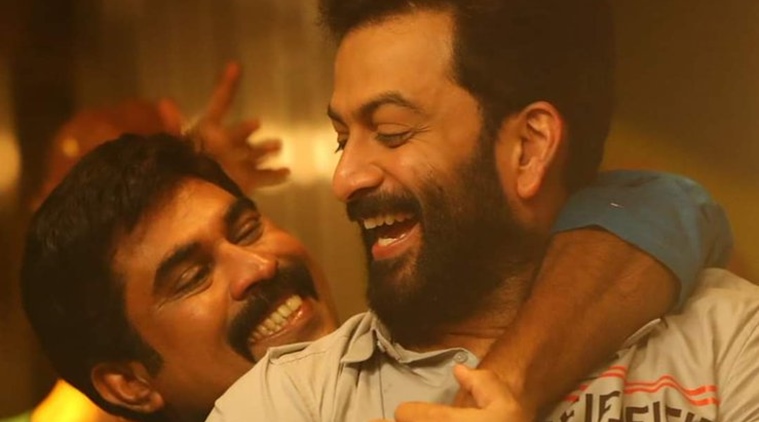
Driving-Licence-review-759
The rivalry between the two characters loses its momentum when it becomes apparent that they are massively unequal in terms of their social positions. Rather soon, Lal Jr and Sachy run out of ideas to keep the fun going.
Instead of calling out the undue privileges that Hareendran enjoys in society – even government officers and cops bow to him – the film simplifies the friction between them by labelling it as an ‘ego clash’. The second half of the film is made of lackluster instances postured as comedy, where the superstar manipulates the hostile media into taking his side, and solving his problems one by one.
Recommended
Interestingly, in this very male-centric film, the one who scores the best in comic scenes is Mia George. She plays a homemaker with a sharp tongue. The actress’ wholehearted performance makes up for the dire lack of originality in her character, which is made up of many stereotypes and cliches.
It’s a great sign that actresses like Mia and Anusree (Prathi Poovankozhi) are breaking the mould and entering a different turf, comedy, which is an area dominated by male actors in Malayalam cinema.
Driving Licence is what it is – a popcorn movie that will not have a life beyond the holiday season – because it aspires to little else. It follows a template of mediocrity, and replaces intelligent writing and reflection with buffoonery.
Thanks to the actors playing the lead, Prithviraj and Suraj Venjarammood, who make even the silliest instance convincing and keep the narrative engaging that Driving Licence is a watchable flick.
The Driving Licence review is a Silverscreen.in original article. It was not paid for or commissioned by anyone associated with the film. Silverscreen.in and its writers do not have any commercial relationship with movies that are reviewed on the site.
